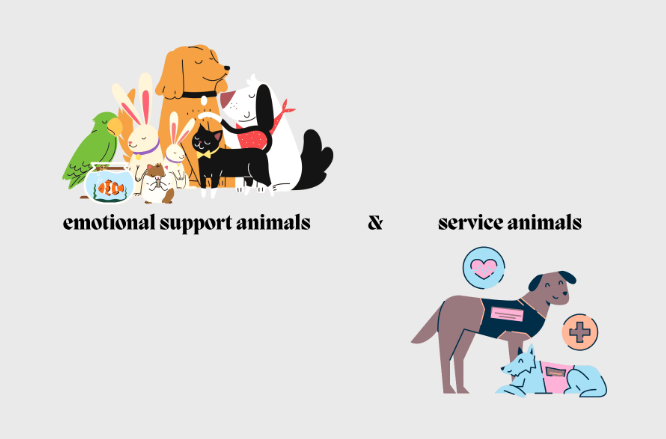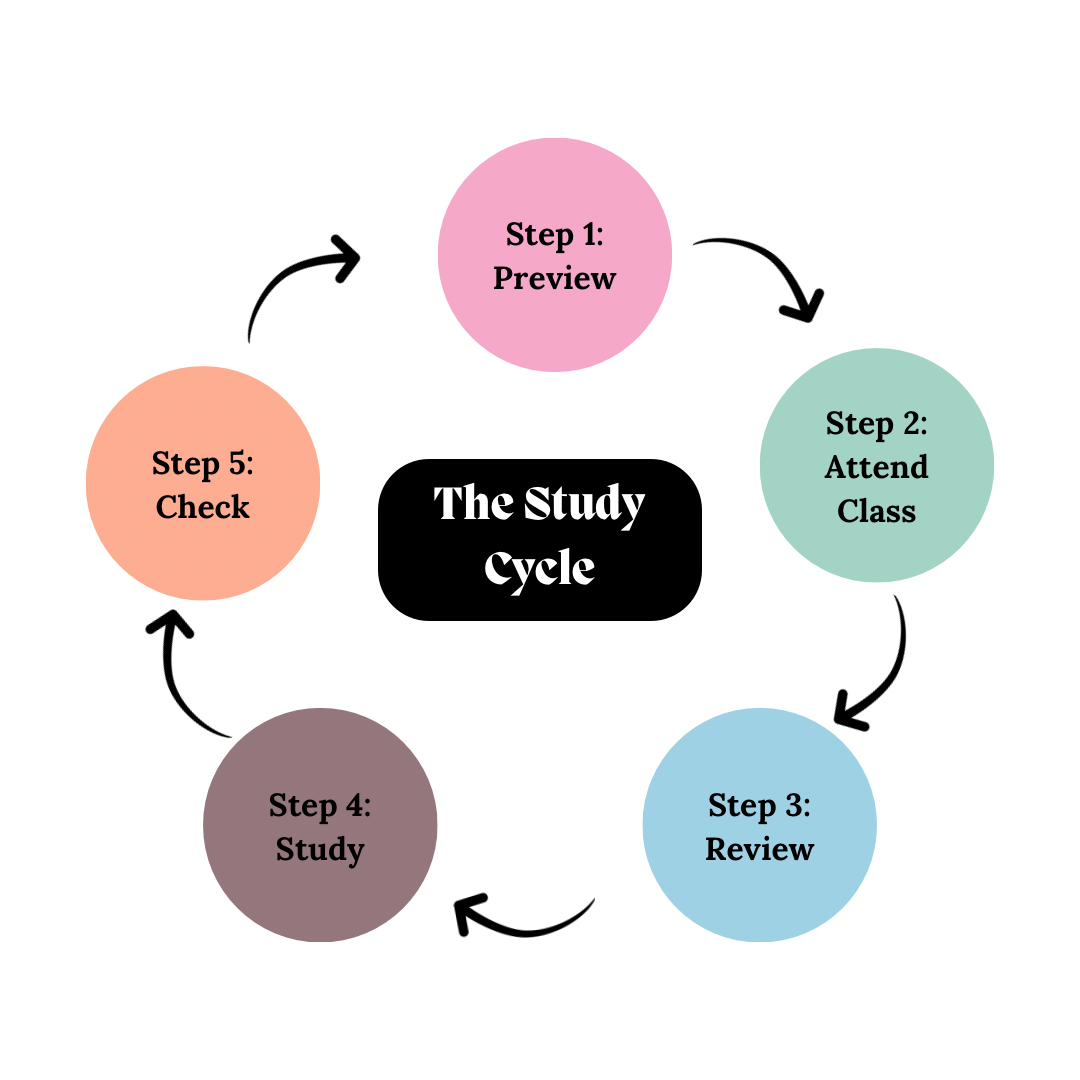If qualified, West Texas A&M University students are allowed to have service animals and emotional support animals. When these animals are on campus, they must be leashed at all times and cannot be left unattended.
According to the Americans with Disabilities Act (ADA), a service animal is any dog trained to work or perform tasks for the welfare of an individual with a disability. These disabilities can include physical, sensory, psychiatric, intellectual or other mental disabilities. Dogs are the only species considered service animals. Service animals’ tasks must be directly related to the individual’s disability. An example of a task a service animal would perform is they could be trained to alert a hearing-impaired person to an alarm, guide a visually impaired person around an obstacle or even assist with seizures. Some tasks not considered work for service animals are emotional support, well-being, comfort or companionship.
Those tasks fall under emotional support animals (ESAs). According to the American Kennel Club, ESAs must be prescribed by a licensed mental health professional, like a therapist, psychologist or psychiatrist. These professionals need to determine that the animal’s presence is necessary for the patient’s mental health. Owning a pet could ease anxiety or give the patient a focus. These dogs can be of any age and any breed.
ESAs are different compared to service animals. ESAs provide support with companionship and can help ease anxiety, depression and other phobias. Although they help the patient, they do not get the same accommodations as service animals. Service animals are generally allowed anywhere the public is permitted; ESAs are not. ESAs are not allowed in restaurants or shopping malls like service animals are. One of the fundamental differences between a service animal and an ESA is that service animals have been trained to perform a specific task or job directly related to the person’s disability. ESAs can be any animal, whereas service animals can only be dogs.
Students can have ESAs and service animals at WT, but each has different rules. ESAs cannot attend classes with the student. Students must apply to the Office of Student Accessibility to get approved for an ESA before the animal comes to campus. For ESAs to live in student housing, they must get approval from OSA and University Housing. Although complying with applicable federal and state laws regarding the provision of reasonable and appropriate accommodations, there are exceptions to approving ESAs. If the animal is not housebroken, being cared for by the owner, does not meet vaccination requirements under the Center for Disease Control, would fundamentally alter the nature of a program or activity, would cause physical damage to the property of others or University facilities, or would pose a direct threat to the health/safety of others, WT can refuse the animal for student living. For students who need the emotional support animal form, click here. After submitting the form, approval generally takes three to four weeks.
Service animals are allowed in public places due to the owner’s need for the animal at any given time. There could be exceptions to this, though, if the animal is put into harm’s way or any other circumstances that would not be deemed reasonable or appropriate for either the handler or animal. Under ADA compliance, colleges and universities must allow individuals with disabilities to bring their service animals in all areas of the facility that are open to the general public or attending students.
The service animal must be under the control of their handler at all times. ADA requires the animal to be leashed, tethered or harnessed at all times unless the individual’s disability prevents using these devices; If these devices interfere with the service animal’s ability to perform safe or effective work and tasks, then they are fine to be without, but the individual must maintain control of the animal through voice, signal or other effective measures. For the approval of a service animal, students need to fill out a form for support animal accommodations.










